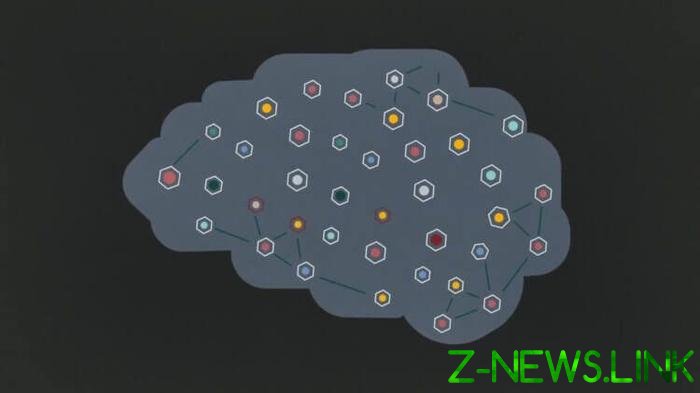This may seem surprising, but many people underestimate the danger of stress. Meanwhile, a number of studies on both animals and humans shows that stress has a negative impact not only on cardiovascular system but on the brain.
According to the results of a new study conducted at the health Sciences Center of Louisiana state University (LSU), stress causes physical changes in the brain structure of mice, which leads to long-term consequences. The scientists also identified the molecular processes responsible for these changes. The authors hope that in the future their work will form the basis of drug development from stress. Agree, sounds promising.

Stress – the silent killer, from the effects of which annually affects millions of people around the world
What is stress?
Billions of people are confronted daily with stress and its consequences. Studies show that stress today has become a rule of our collective experience, and not the exception. In 2011, the American psychological Association (APA) has conducted the annual survey of stress: nearly a quarter of respondents reported their stress level as “extreme”, 39% indicated that their stress levels have risen in the past year, and 44% said the overall level of stress has increased over the past five years.
All respondents more or less agreed with the statement that chronic stress has a negative impact on their quality of life, and yet — despite the fact that most of us can easily identify what is stress almost a third of respondents said they considered the stress of a purely psychological phenomenon, does not have any influence on physical health. The experts in different medical disciplines agree that this is a very dangerous delusion.
The stress response is a normal adaptive reaction of coping which have evolved over hundreds of millions of years and helped our ancestors survive.
Stress is natural, and we see it in the wild: the majority of stressful episodes, or otherwise, are resolved quickly, and comes after a long period of soft recovery. But if the stress is a natural reaction of the organism to stimuli, why it is called a silent killer? Scientists believe that modern life exposes us to easy or moderate, but chronic stress constantly. In other words, we are just not created in order to escape from predators 10 hours a day without interruption. But this, in fact, we do.

The situation is that the body of modern Homo Sapiens cannot distinguish between attack of the Sabretooth tiger from the bad opinion about the work. All because the environment has changed rapidly, and the neuro-hormonal stress response no. Unfortunately, over time, the intensity of the stress response makes the body. But what happens to the brain?
How stress changes the brain?
As shown by the results of a study published in the journal of Neuroscience, stress changes brain function by altering the structure and function of neurons and astrocytes – brain cells that help nourish neurons and maintain synaptic function. Thus, stress causes long lasting changes in behavior and physiology, and the experience of traumatic events can lead to neuropsychiatric disorders, including anxiety and depression. Subjects in the new study, performed the laboratory mouse. It turned out that even one stressful event was sufficient to cause rapid and long lasting changes in the structure of astrocytes. Let me remind you that synapses do in our brains the same role as transistors in computers — they give us the processing power. Without astrocytes, they can become clogged with unnecessary ions.
According to the authors of scientific work, during stressful events, the stress hormone norepinephrine inhibits a molecular pathway, which normally produces a protein GluA1. This protein necessary for nerve cells and astrocytes can communicate with each other.

Stress affects the structure and function of both neurons and astrocytes. Since astrocytes can directly modulate synaptic transmission and participate in behavior associated with stress, prevention or reversal of stress-induced changes in astrocytes is a potential method for the treatment of stress-related neurological disorders. Moreover, the neurobiology of stress can show how stress affects neuronal connectivity and hence brain function. This knowledge is necessary for developing strategies of prevention or treatment of these common neurological disorders associated with stress, write the authors of the study.
What happens to the body during times of stress?
During stressful events, the stress hormone norepinephrine suppresses molecular path that usually ends with GluA1 protein synthesis. No functional receptors GluA1 and astrocytes lose the ability to communicate with each other. That is the power of stress marks the GluA1 protein synthesis, thereby changing the brain, because it stops the production of vital proteins. Thus, stress deeply injures the brain and body, because at the cellular level displays the branches of the astrocytes from the synapses.
Let me remind you that stressful situations activate the sympathetic nervous system. It operates the famous response of “fight or flight.” The increased level of adrenaline in the blood, increased blood pressure and increased heart rate helped our ancestors to survive thousands of years ago, when the ability to quickly recognize and overcome the threat meant the difference between life and death. Of course, today we are faced with far fewer imminent risks to life, but our sympathetic nervous system is still running at full speed.
© 2020, paradox. All rights reserved.





